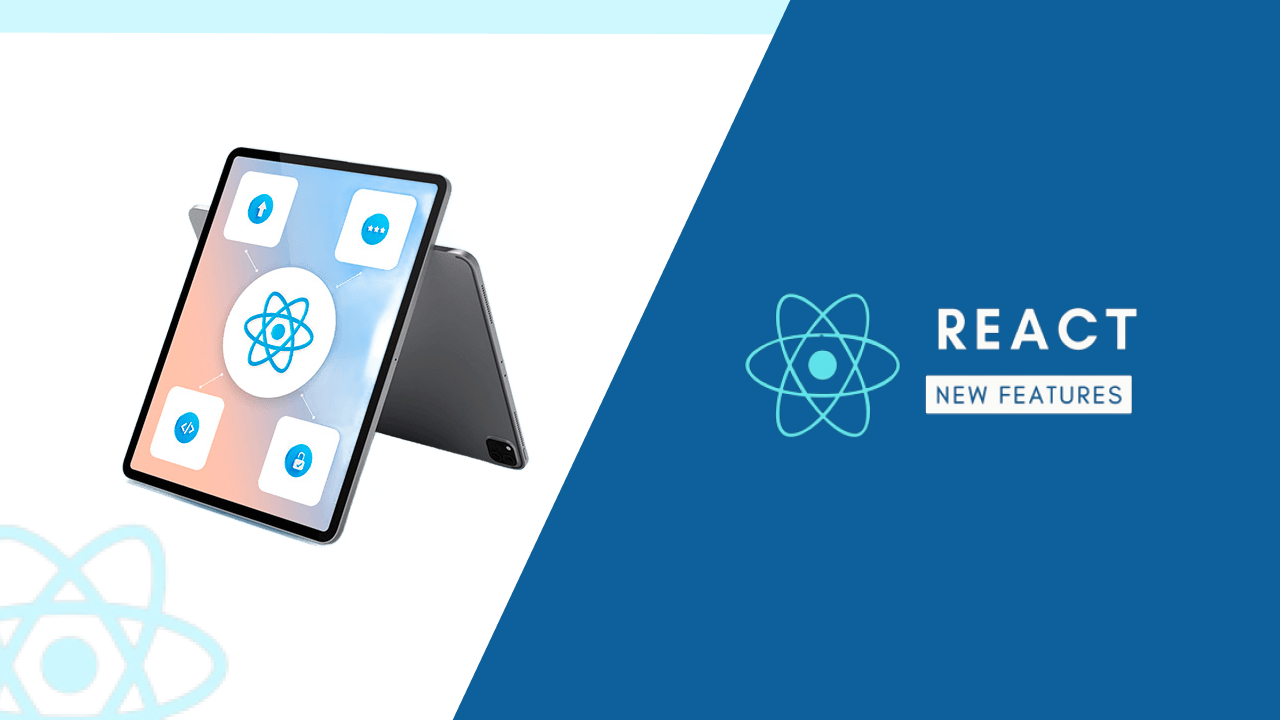Antibody-drug conjugates (ADCs) have emerged as a promising class of treatments in the evolving field of cancer treatment. ADCs combine the potency of cytotoxic drugs with the selectivity of monoclonal antibodies, providing a novel approach to targeted therapy. ADCs show great promise in the fight against cancer and have the potential to be game-changers for targeted therapies across a range of non-oncology indications.
What is Antibody-Drug Conjugate?
ADCs represent an important class of cancer therapies that have revolutionized the treatment paradigm for solid tumors. To date, many ongoing studies of ADCs in combination with various anticancer drugs, including chemotherapy, molecularly targeted drugs, and immunotherapy, are being conducted rigorously in preclinical research and clinical trial settings. Over the past decade, ADCs have become a transformative treatment modality for a wide range of solid tumors and hematological malignancies. ADCs are antibody-based macromolecular complexes containing three main components: antibody, linker, and payload.
lMonoclonal antibodies, which bind to antigens primarily expressed on the surface of tumor cells, provide specificity for targeting tumor cells;
lThe linker prevents premature release of the payload into the bloodstream and instead releases it into the tumor cells;
lThe cytotoxic payloads that trigger tumor cell death by targeting key components such as DNA, microtubules, and topoisomerases.
ADC cytotoxicity involves a series of sequential stages: 1) binding of antibody to antigen, 2) internalization of ADC-antigen complex, 3) degradation of ADC in lysosomes, 4) release of payload in the cytoplasm, 5) its interaction with the antigen, 6) possible release of a portion of the payload into the extracellular environment, 7) subsequent bystander effect, internalization by neighboring cells in the tumor microenvironment.
At present, the regulatory authorities have approved the combination of ADC and chemotherapy/chemical immunotherapy for hematological malignancies, and the FDA has also awarded the breakthrough therapy identification of enfortumab vedotin and pembrolizumab. The most attractive drugs in combination with ADCs are those partners that have an additive or synergistic effect on tumor cells or their microenvironment without unacceptable overlapping toxicity. The combination of anti-angiogenic drugs, HER2 targeted drugs, DNA damage response agents and immune checkpoint inhibitors (ICIs) is currently an active research direction.
To date, 8 ADCs have been approved for use in solid tumors with different indications. In the field of cancer treatment, it is generally accepted that the likelihood of achieving complete remission and cure can often be improved by combining therapeutic agents that act through different mechanisms of action, especially when dealing with the complexity of tumor heterogeneity. Combinations of ADCs with various other types of anticancer drugs, such as chemotherapy, radiotherapy, endocrine therapy, targeted molecular agents, and immunotherapy, are being explored in preclinical models and clinical trials.
lChemotherapy: By upregulating tumor cell surface antigens, it causes cell cycle arrest and inhibits DNA repair.
lTargeted drugs: The synergistic use of ADCs and targeted drugs can block multiple oncogenic pathways at the same time, or double block specific pathways to more effectively inhibit downstream signaling.
lImmunotherapy: ADC maintains the immune system of the tumor microenvironment in an activated state through different immune mechanisms, including macrophage reprogramming, T memory cell production, induction of increased PD-L1 expression, and activation of dendritic cells and T cells. These changes may improve the efficacy of immunotherapies used in combination with anti-PD1/PD-L1 antibodies, while ADCs can also be designed to target specific elements of the tumor microenvironment, such as fibroblasts.





